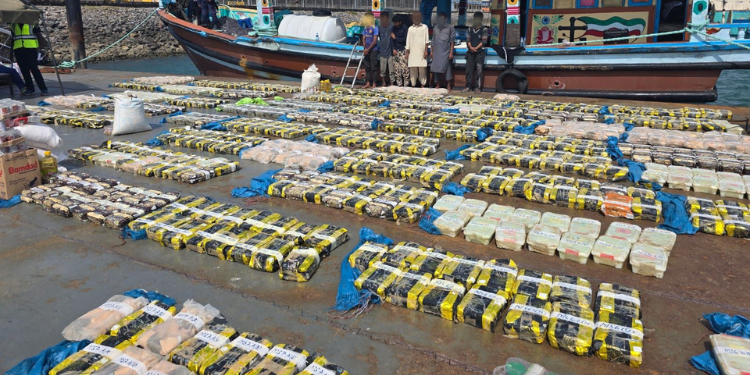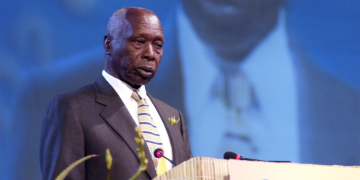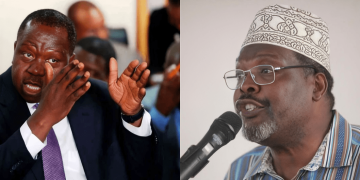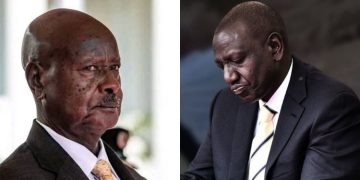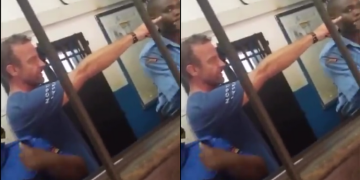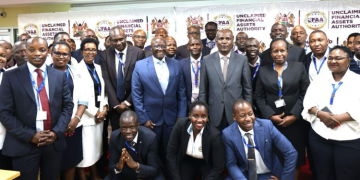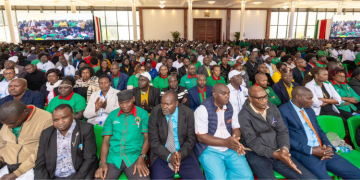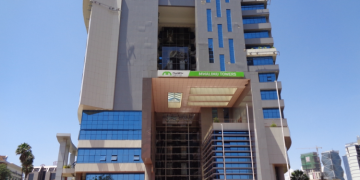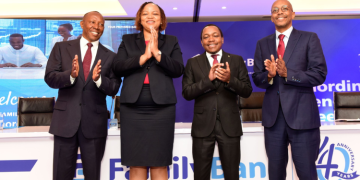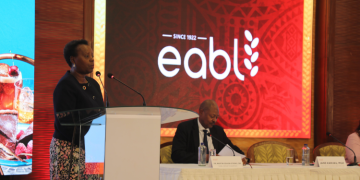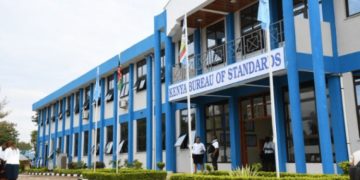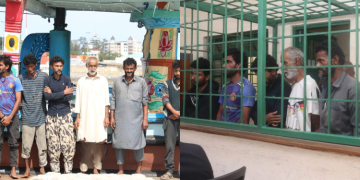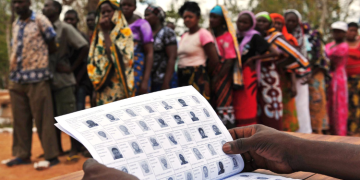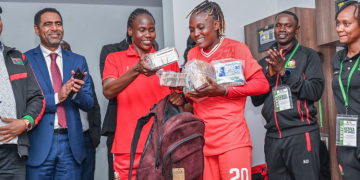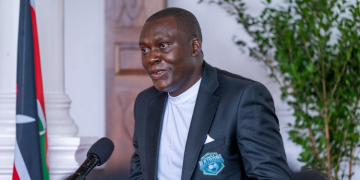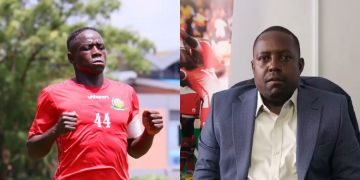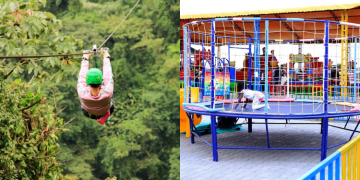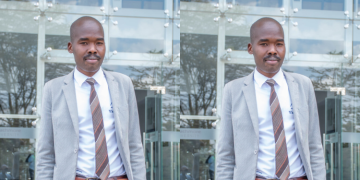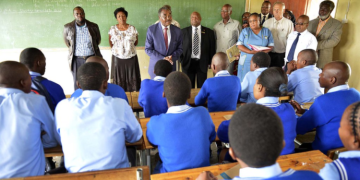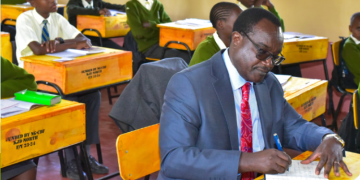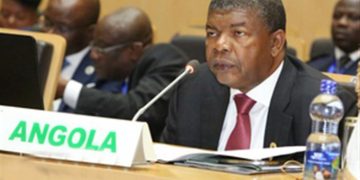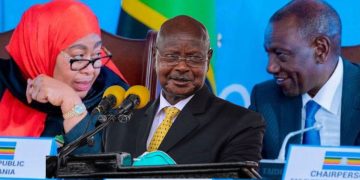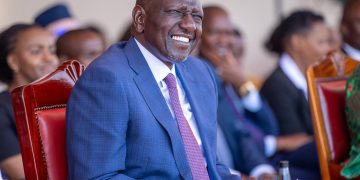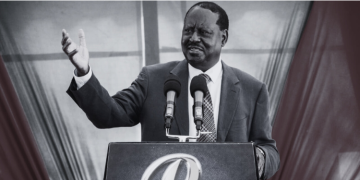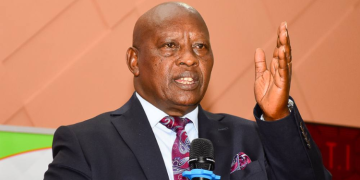A dramatic twist unfolded in the ongoing Ksh8.2 billion drug trafficking case when four Iranian nationals, among six suspects, rejected a U.S.-linked interpreter during a court appearance, accusing him of misrepresenting their statements.
The suspects, believed to be part of a transnational organized crime network, demanded a new translator, prompting the court to immediately provide one.
The six, Jasem Darzadeh, Nianadeem Jadgal, Imran Baloch, Hassan Baloch, Rahim Baksh, and Imtiyaz Daryayi, were arrested after security agencies intercepted a vessel in the Indian Ocean suspected of transporting narcotics into Kenya.
Iranians Reject U.S Interpreter
Appearing before the Shanzu Chief Magistrate, the suspects expressed frustration over communication breakdowns between themselves and Kenyan authorities.
The interpreter in question had been presented by the American Federal Law Enforcement Agency within the U.S. Navy.
The suspects, reportedly from the Banochi community, claimed the interpreter condensed their detailed statements into overly brief summaries, distorting their intended meaning.
Through the newly allocated interpreter, the court heard that the suspects struggled to express their defense until a new interpreter was assigned.
“Your honour, he (one of the Iranian suspects) says you told the gentleman something in a detailed and long speech, but he explained them in a very short sentence.”
Prosecution’s Grounds
Inspector Shadrack Kemei attached to the Directorate of Criminal Investigations (DCI) Anti-Narcotics Unit, submitted an affidavit emphasizing the need for a reliable translator during interrogations.
He also requested that the seized consignment of 1,024 kilograms of synthetic drugs be transferred to the Government Chemist for forensic analysis.
Kemei also confirmed that four of the six suspects are Iranian nationals.
“The suspects are foreigners with no fixed place of abode and pose a flight risk. There is a likelihood that they may abscond if released on bail.”
The identities of the remaining two are yet to be established due to a lack of identification documents.
Kemei also asked the court to give the prosecution more time to prove that the group is part of a larger international drug trafficking syndicate, due to the complexity of the case, as it involves multiple agencies.
If found guilty, the suspects could face life imprisonment under the Narcotic Drugs and Psychotropic Substances (Control) Act of 1994, in what is the biggest drug bust in Kenya’s history.
Forensic Evidence to be Used
Lead investigator Shadrack Kemei confirmed to the court, presided over by Chief Magistrate Anthony Mwicigi, that intelligence from the Kenya Navy on October 19 led to the interception of five mobile phones, a Thuraya satellite phone, and a GPS device.
Also Read: Uproar as Video of Foreigner Humiliating and Spitting on Kenyan Police Officer Goes Viral
The suspects did not oppose the prosecution’s application to subject their mobile phones and satellite communication devices to forensic examination.
Authorities believe data retrieved from the devices could lead to the arrest of additional suspects linked to the syndicate.
The court ordered the suspects to be detained at a police station for 30 days to allow for comprehensive investigations.
The matter is scheduled for mention on November 14, when the court will assess the welfare of the suspects and issue further directives.
The magistrate also ordered that the respondents be accorded medical examination and treatment at the state’s expense.
Also Read: Trump Depends on Israeli Companies to Save Flopping Economy – Report
The case has attracted international attention, with agencies such as the United Nations Office on Drugs and Crime (UNODC) and the United States Naval Criminal Investigative Service (NCIS) present in court.
Follow our WhatsApp Channel and X Account for real-time news updates.
